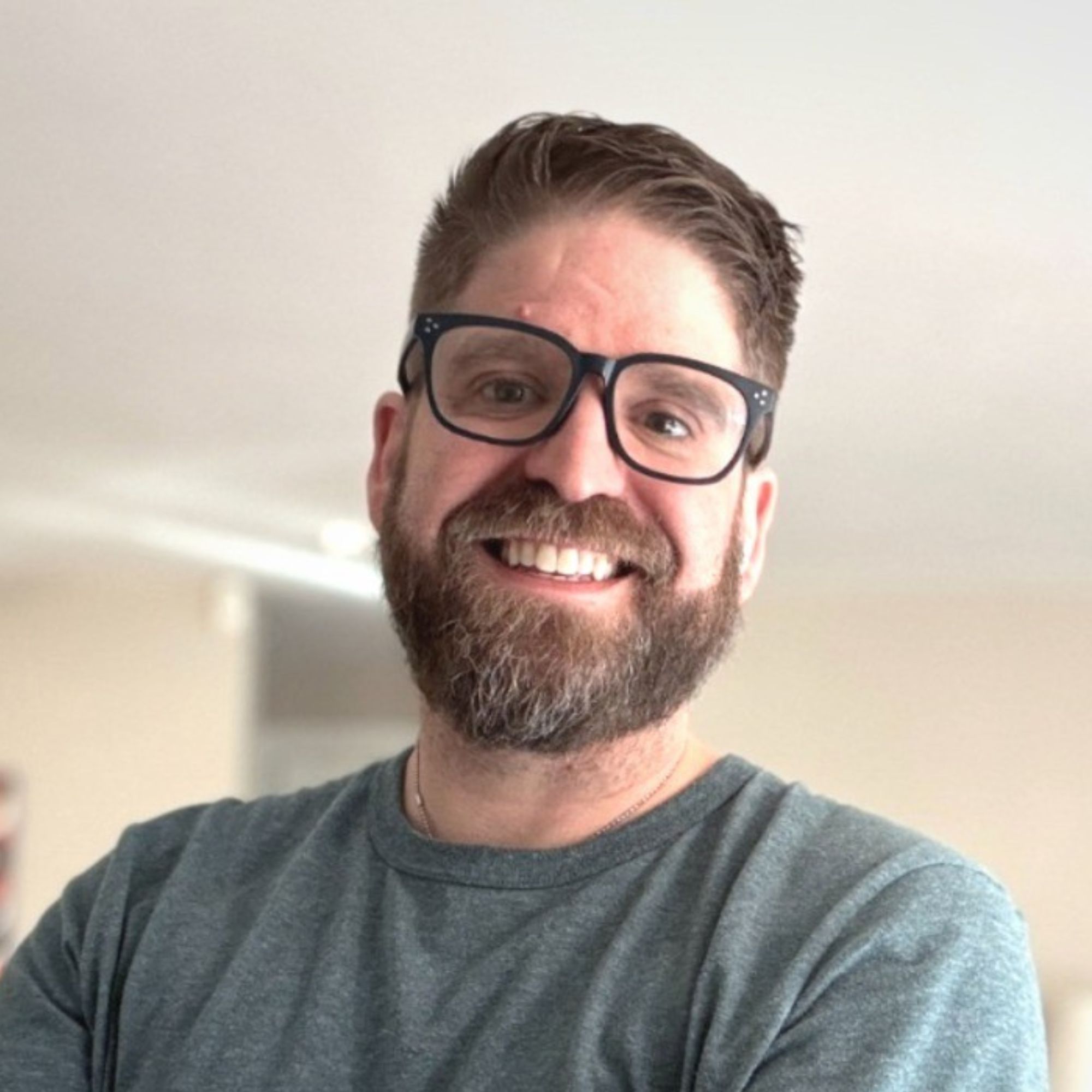Ready to build your own Founder-Led Growth engine? Book a Strategy Call

Frontlines.io | Where B2B Founders Talk GTM.
Strategic Communications Advisory For Visionary Founders
Actionable
Takeaways
Innovate from Personal Pain Points:
Eden’s venture into creating Mobot was spurred by her firsthand frustrations with manual app testing, underscoring the effectiveness of developing solutions for challenges you’ve personally encountered. For B2B tech founders, this highlights the value of drawing on personal experiences to identify and solve real industry problems, ensuring your solution addresses genuine needs.
Leverage Unique Approaches for Traditional Problems:
The use of mechanical robots for mobile app testing represents a novel solution to the age-old issue of ensuring software quality. This approach challenges the status quo of software-only testing methods, proving that sometimes, unconventional methods can provide superior solutions. Founders should consider how applying technology in novel ways can overcome longstanding industry hurdles.
Continuous Adaptation is Key to Sustaining Product-Market Fit:
Eden’s perspective that finding product-market fit is an ongoing process emphasizes the importance of agility and responsiveness to technological and market changes. For founders, this means continually refining your offering and staying attuned to your customers' evolving needs to maintain relevance and competitiveness.
Transparency About Competition Can Build Trust:
Mobot’s approach to openly comparing its solution with competitors on its website can serve as a lesson in transparency and confidence. Acknowledging the existence of alternatives, while clearly stating your unique value proposition, can help build trust with potential customers by providing them with the information they need to make informed decisions.
Category Creation Requires Education and Behavior Change:
Building a new category, as Mobot is doing in the physical testing space, involves not just introducing a new product but also educating the market and changing entrenched behaviors. Founders venturing into uncharted territories should prepare for the long haul of building awareness and demonstrating the value of their novel approach to solve recognized problems.
Conversation
Highlights
From Manual Testing to Mechanical Innovation: How Mobot is Reshaping Mobile App Testing
Most founders build companies to solve problems they’ve observed. Eden Full Goh built Mobot to solve a problem she’d personally experienced: the tedious, time-consuming process of manual mobile app testing.
In a recent episode of Category Visionaries, Eden, founder and CEO of Mobot, shared how her experience as a product manager shaped her company’s go-to-market approach. “There was just no readily available solution that would solve the problem exactly the way that I needed it as a product manager at the time,” Eden explains. “I had to do a ton of manual testing. We’re talking literal iPads, iPhones, android devices sprawled all over my desk.”
This firsthand experience proved invaluable when approaching early customers. Rather than leading with technology, Eden focused on relating to the daily challenges faced by product managers and QA teams. “I knew how to relate to them because I had personally experienced this pain working as a product manager very adjacent and very close to engineers myself,” she shares. “I was speaking their language. I was able to refer to technology and processes as they were doing it as well.”
This authentic approach helped Mobot secure prominent clients like Citizen and BeReal. But landing these logos required more than just understanding the problem – it required building trust through a methodical process. “Building trust is something that is an ongoing process. You don’t just get trust from day one and then that’s it,” Eden notes. The company implemented pilot engagements focused on specific success metrics, allowing potential customers to validate the solution’s effectiveness.
While many startups avoid discussing competition, Mobot took a different approach. Eden acknowledges that while no one else is building robotics infrastructure for mobile testing, there are adjacent solutions customers might consider. This transparency helps establish credibility with sophisticated buyers who appreciate a realistic market assessment.
The company’s biggest go-to-market challenge has been changing industry perceptions about hardware solutions for software problems. “Sometimes some of the pushback that we get is people are like, why are you using a physical mechanical robot, a hardware solution, to solve a software problem? That seems weird and unintuitive and overkill,” Eden reveals.
Rather than avoiding this objection, Mobot addresses it head-on by highlighting how mobile applications have evolved beyond simple web-browser functionality. “Really the reason why Mobot exists is because the world is becoming more complex,” Eden explains. “You do have to deal with the real world scenarios, like what cell phones are people using? Do they have cellular access or is it WiFi access? Are they offline in airplane mode?”
This complexity has helped make the case for Mobot’s approach. As Eden puts it, “I think you have to use the right tool for the right job. And if the world is getting more complex, then the toolkit that you are building as a company needs to also get more complex in order to address those challenges in the world.”
The company’s vision extends beyond just providing a testing solution. “We’d really like to make it as accessible as possible that anyone around the world can just log into the mobot.io platform and be able to connect to a robot live and be able to control that robot and automate testing for exactly their needs,” Eden shares.
Mobot’s journey illustrates how deeply understanding customer pain points, combined with transparency about market alternatives and a clear vision for the future, can help overcome initial skepticism about novel technical approaches. For founders building category-creating companies, Eden’s experience suggests that success comes not from avoiding difficult conversations about your approach, but from grounding them in authentic customer understanding and clear market insights.
Recommended Founder
Interviews


Suresh Mathew
Founder and CEO of Sedai
Suresh Mathew, Founder and CEO of Sedai: $18 Million Raised to Automate Cloud Management for Critical Decisions


Lasse Andresen
CEO and Founder of IndyKite
Lasse Andresen, CEO and Founder of IndyKite: $10 Million Raised to Empower Teams to Move Beyond Legacy Identity and Access Management

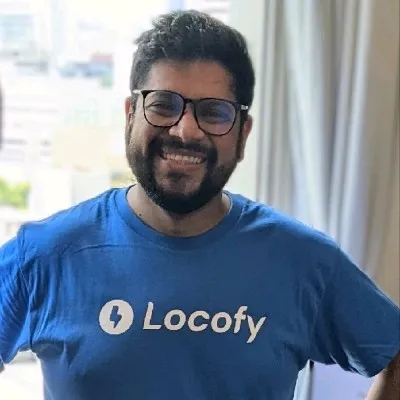
Honey Mittal
Co-Founder, CPO & CEO of Locofy.ai
Honey Mittal, CEO of Locofy.ai: $3 Million Raised to Build the Future of Frontend Development


Tim Kraska
Co-Founder of Einblick
Tim Kraska, Co-Founder of Einblick: $6M Raised to Build the Visual Data Computing Category


Will Wilson
Co-Founder of Antithesis
Will Wilson, Co-Founder of Antithesis: $47 Million Raised to Build the Future of Autonomous Testing


Marcin Wyszynski
Co-Founder of Spacelift
Marcin Wyszynski, Co-Founder of Spacelift: Over $22 Million Raised to Build the Future of IaC Management


Robert Whiteley
CEO of Coder
Robert Whiteley, CEO of Coder: $85 Million Raised to Power the Future of Developer Productivity


Anish Dhar
Co-Founders of Cortex
Anish Dhar and Ganesh Datta, Co-Founders of Cortex: Over $52 Million Raised to Improve Developer Productivity


Egil Østhus
CEO and Co-founder of Unleash
Egil Østhus, CEO of Unleash: $16.5 Million Raised to Build the Future of Feature Management


Omri Gazitt
CEO & Co-Founder of Aserto
Omri Gazitt, CEO & Co-Founder at Aserto: $5 Million Raised to Build the Future of Authorization

Yadhu Gopalan
CEO and Founder of Esper
Yadhu Gopalan, CEO and Founder of Esper: $100 Million Raised to Build the Future of Android Device Management


Lukas Gentele
Co-Founder & CEO of Loft Labs
Lukas Gentele, CEO of LoftLabs: $5 Million Raised to Build the Virtual Kubernetes Category


Paul Stovell
CEO and Founder of Octopus Deploy
Paul Stovell, CEO and Founder of Octopus Deploy: Over $170 Million Raised to Build the Future of Deployment Automation


Ravi Parikh
CEO and Co-Founder of Airplane
Ravi Parikh, CEO and Co-Founder of Airplane: Over $40 Million Raised to Build Better Developer Infrastructure For Internal Tooling
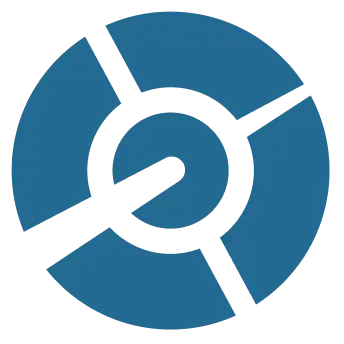

Dylan Etkin
CEO and Co-Founder of Sleuth
Dylan Etkin, CEO and Co-Founder of Sleuth: $25 Million Raised to Make Engineering Teams More Efficient


Jonathan Schneider
CEO and Co-Founder of Moderne
Jonathan Schneider, CEO & Co-Founder of Moderne: $20 Million Raised to Build the Future of Code Remediation


Mike Long
CEO and Founder of Kosli
Mike Long, CEO and Founder of Kosli: $3.5 Million Raised to Deliver Secure Software Changes at Scale and Deploy to Production with Speed


Ori Keren
CEO and Co-Founder of LinearB
Ori Keren, CEO and Co-Founder of LinearB: Over $70 Million Raised to Build the Future of Software Delivery Management


Matt Butcher
CEO of Fermyon
Matt Butcher, CEO of Fermyon: $26 Million Raised to Power the Future of WebAssembly


Ariana Faustini
Head of Golioth
Ariana Faustini, Head of Global Marketing at Golioth: Embracing Authenticity in Developer Marketing


Stéphan Donzé
Founder of AODocs
How AODocs generates better cost-per-lead from 2,000-person regional events than 30,000-person conferences | Stéphan Donzé


Florian Forster
CEO & Co-Founder of ZITADEL
Florian Forster, CEO & Co-Founder of ZITADEL: $11.5 Million Raised to Build the Future of Developer-First Identity Infrastructure


Zach Lloyd
CEO and Founder of Warp
Zach Lloyd, CEO and Founder of Warp: $70 Million Raised to Build a Better Terminal


Matthew O’Riordan
CEO of Ably Realtime
Matthew O’Riordan, CEO of Ably Realtime: Over $82 Million Raised to Build the Future of Realtime Experience Infrastructure


Anand Kulkarni
CEO of CoreStory
How CoreStory seeded “Spec-Driven Development” across the market without analyst relations | Anand Kulkarni


Prakash Chandran
Co-Founder and CEO of Xano
Prakash Chandran, Co-Founder and CEO of Xano: $5.4 Million Raised to Build the Next Generation of No-Code Backend Development
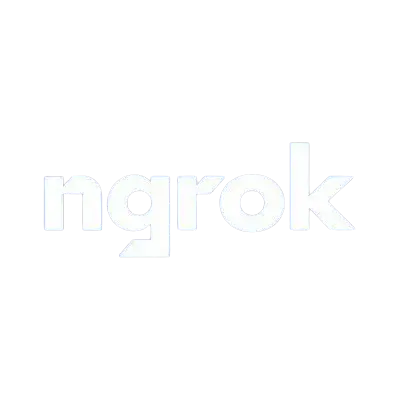

Alan Shreve
CEO and Founder of Ngrok
Alan Shreve, CEO and Founder of Ngrok: $50 Million Raised to Help Devs Deploy SItes, Services, and Apps


Anand Kulkarni
CEO of Crowdbotics
Anand Kulkarni, CEO of Crowdbotics: $58 Million Raised to Power the Future of Rapid Application Development


Paolo Fragomeni
CEO of Socket Supply
Paolo Fragomeni, CEO of Socket Supply: $3.5 Million Raised to Build the Future of P2P Computing


Casey Rosenthal
CEO of Verica
Casey Rosenthal, CEO of Verica: $17 Million Raised to Build the Future of Chaos Engineering


Nilo Rahmani
CEO & Co-Founder of Thoras AI
Nilo Rahmani, CEO & Co-Founder of Thoras AI: $6.5 Million Raised to Build the Future of AI-Powered Infrastructure Optimization


Nicolas Hourcard
CEO and Founder of QuestDB
Nicolas Hourcard, CEO & Founder of QuestDB: $15 Million Raised to Build the Leading Open-Source Time Series Database
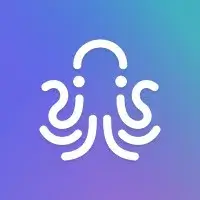

Chetan Venkatesh
CEO of Macrometa
Chetan Venkatesh, CEO of Macrometa: $38 Million raised to Build the Hyper Distributed Cloud for the Next Generation of Applications


Benjamin Wilms
CEO and Co-Founder of Steadybit
Benjamin Wilms, CEO and Co-Founder of Steadybit: $7.8 Million Raised to Build the Future of Chaos Engineering


Tomas Reimers
Co-Founder of Graphite
Tomas Reimers, Co-Founder of Graphite: $22.5 Million Raised to Build the Future of Code Reviews


Andrew Wolfe
Co-Founder and Co-CEO of Bloomfilter
Andrew Wolfe, Co-Founder and Co-CEO of Bloomfilter: $7 Million Raised to Power the Future of Process Mining

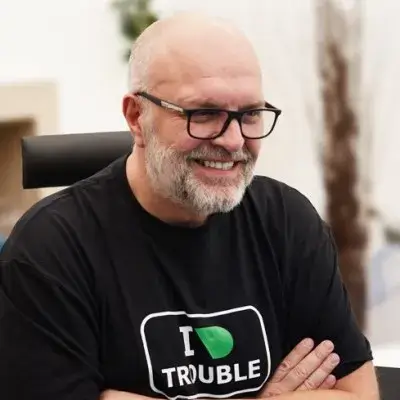
Costa Tsaousis
CEO and Founder of Netdata
Costa Tsaousis, CEO and Founder of Netdata: Over $30 Million Raised to Power the Future of Infrastructure Monitoring
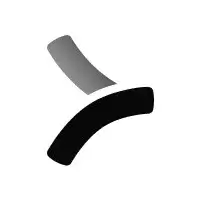

Gil Feig
CTO of Merge
Gil Feig, CTO of Merge: $75 Million Raised to Help B2B Companies Build Customer-Facing Integrations via It’s Unified API Platform


Gary Hoberman
CEO & Founder of Unqork
Gary Hoberman, CEO & Founder of Unqork: Over $400 Million Raised to Pioneer the Codeless as a Service (CaaS) Category


Martin Mao
CEO of Chronosphere
Martin Mao, CEO of Chronosphere: $250 Million Raised to Build the Future of Observability


Sophie Novati
CEO and Founder of Formation
Sophie Novati, CEO and Founder of Formation: $9 Million Raised to Build a Virtual Fellowship Program for Software Engineers

Jacob Moshenko
CEO & Co-Founder of Authzed
Jacob Moshenko, CEO & Co-Founder of Authzed: $15.9 Million Raised to Build the Future of Authorization Infrastructure


Harpreet Singh
Co-Founder and CEO of Launchable
Harpreet Singh, Co-Founder and CEO of Launchable: Over $12 Million Raised to Build the Future of Software Testing


Hersh Tapadia
Co-Founder & CEO of Allstacks
Hersh Tapadia, CEO of Allstacks: $16 Million Raised to Build the Value Stream Intelligence Category


Ron Efroni
CEO and Co-Founder of Flox
Ron Efroni, CEO & Co-Founder of Flox: $28 Million Raised to Empower Developers with Reproducible Environments That Span the Enterprise SDLC


Mike Malone
CEO and Founder of Smallstep
Mike Malone, CEO and Founder of Smallstep: $26 Million Raised to Build the Future of Certificate Lifecycle Management For DevOps
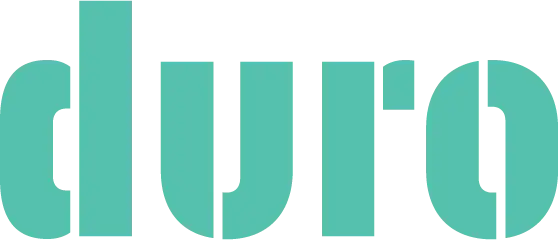

Michael Corr
Founder and CEO of Duro Labs
Michael Corr, CEO of Duro Labs: $4 Million Raised to Power the Future of Hardware Engineering


Yingjun Wu
CEO and Co-Founder of RisingWave
Yingjun Wu, CEO and Co-Founder of RisingWave Labs: $40 Million Raised to Make Stream Processing Simple, Affordable, and Accessible


Romaric Philogene
CEO of Qovery
Romaric Philogene, CEO of Qovery: $4 Million Raised to Help You Deploy Your Apps on AWS in Seconds


Kevin McNamara
CEO & Founder of Parallel Domain
Kevin McNamara, CEO & Founder of Parallel Domain: $44 Million Raised to Power the Future of Autonomy

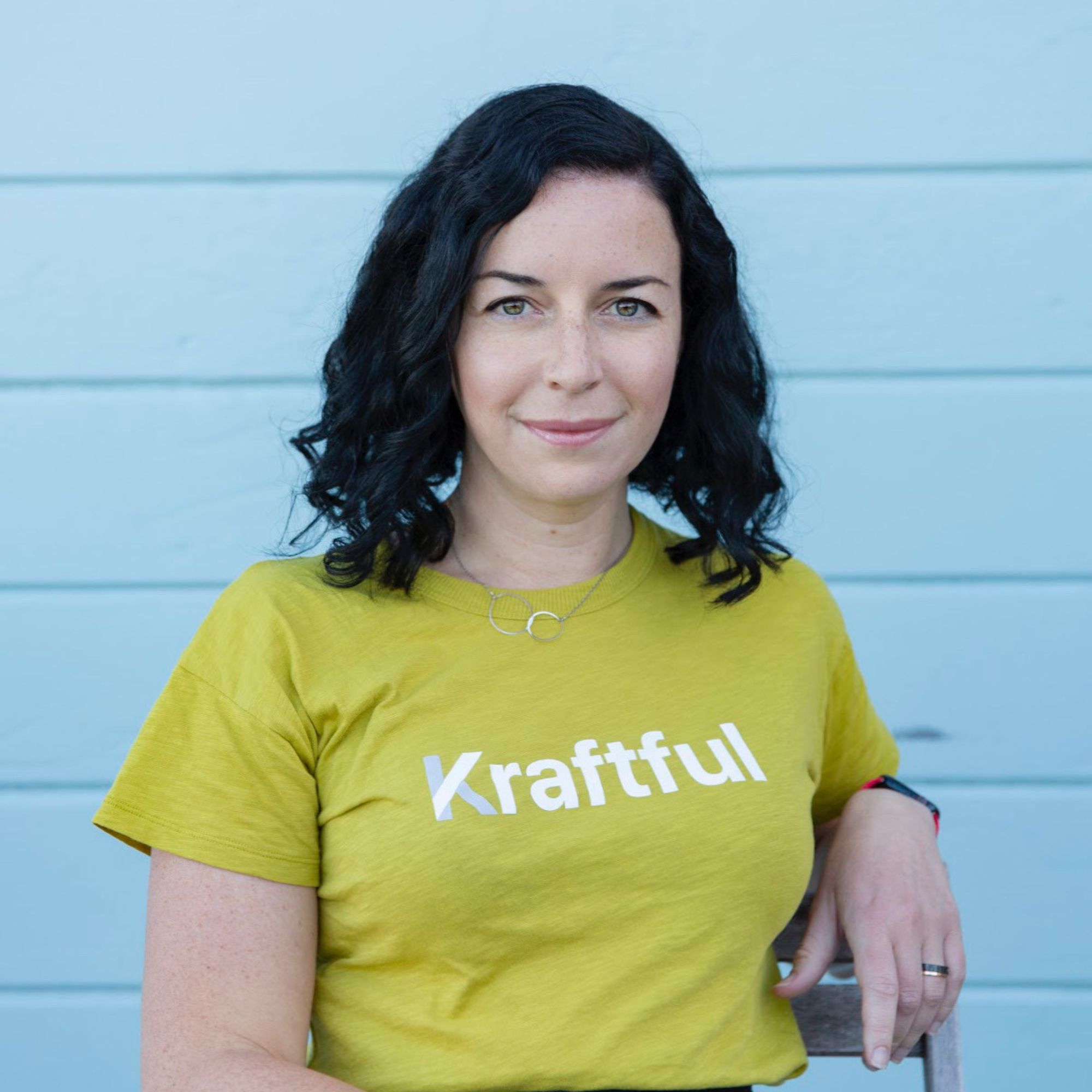
Yana Welinder
CEO and Founder of Kraftful
Yana Welinder, CEO and Founder of Kraftful: Over $3 Million Raised to Help Product Builders Create Better Products and Communities


James Evans
Co-Founder and CEO of CommandBar
James Evans, Co-Founder and CEO of CommandBar: $24 Million Raised to Build the Leading AI-Powered User Assistance Platform


Tommy Dang
Co-Founder & CEO of Mage
Tommy Dang, CEO of Mage: $6.3 Million Raised to Build a Modern Replacement For Airflow
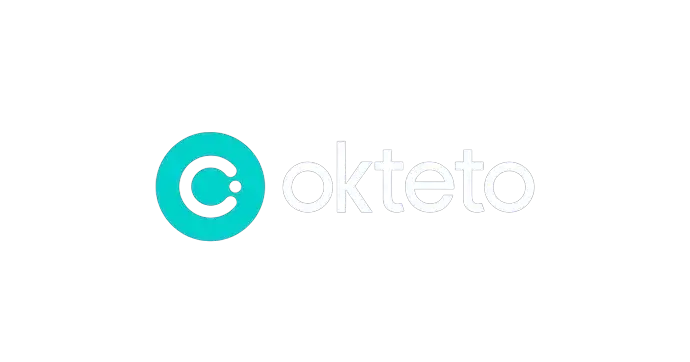

Ramiro Berrelleza
Founder and CEO of Okteto
Ramiro Berrelleza, CEO of Okteto: $18 Million Raised to Build the Future of Cloud Development


Johnny Dallas
CEO and Co-Founder of Zeet.co
Johnny Dallas, CEO & Co-Founder of Zeet.co: $6M Raised to Power the Future of CI/CD & Deployment
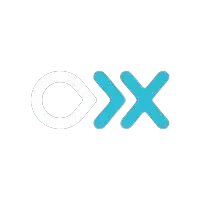

DeVaris Brown
CEO and Co-Founder of Meroxa
DeVaris Brown, CEO and Co-Founder of Meroxa: Over $19 Million Raised to Empower Engineering Teams with Better Stream Processing


David Siegel
David Siegel of Glide
David Siegel, CEO of Glide: Over $20 Million Raised to Power the Future of No-Code Application Development


Paul Kim
CEO of Notifi
Paul Kim, CEO of Notifi: $12 Million raised to Build the Future of Web3 Communication Infrastructure


Derric Gilling
Co-founder & CEO of Moesif
Derric Gilling, CEO of Moesif: $15 Million Raised to Build the Future of API Analytics


Pascal Weinberger
CEO of Bardeen
Pascal Weinberger, CEO of Bardeen: $18 Million Raised to Build the Future of No-Code Automation


Tom Hacohen
CEO and Founder of Svix
Tom Hacohen, CEO and Founder of Svix: $10.5 Million Raised to Power the Future of Webhooks
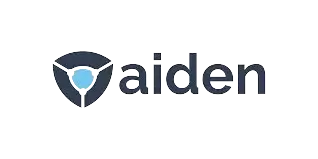

Joshua Aaron
CEO of Aiden
Joshua Aaron, CEO Aiden, $3 Million Raised to Build the Future of Software Packaging and Deployment


Stoyan Zulyamsky
Co-Founder of Costimize
Stoyan Zulyamsky, Co-Founder of Costimize: $5 Million Raised to Revolutionize Cloud Finance Management


Evan Kaplan
CEO of InfluxData
Evan Kaplan, CEO of InfluxData: Over $170 Million Raised to Build the Leading Time Series Provider

Liam Randall
CEO and Founder of Cosmonic
Liam Randall, CEO and Founder of Cosmonic: $8.5 Million Raised to Power the Future of WebAssembly
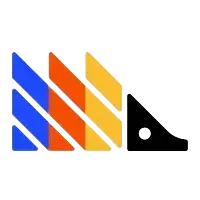

James Hawkins
CEO of PostHog
James Hawkins, CEO of PostHog: $21 Million Raised to Build the Future of Product Analytics




